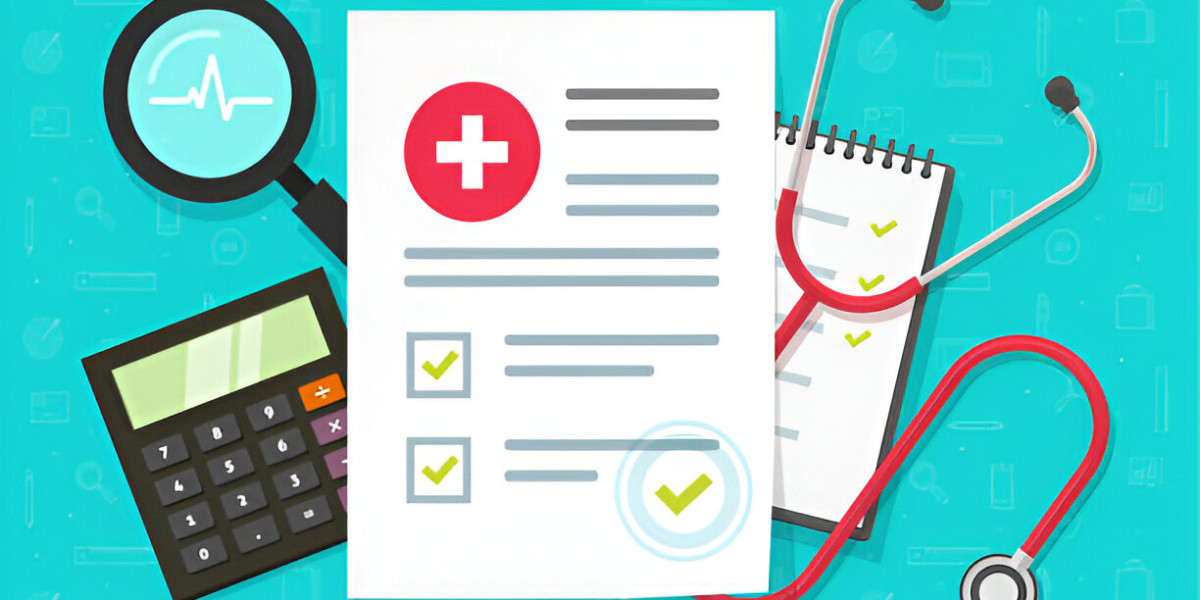In the evolving landscape of U.S. healthcare, providers in Illinois and Ohio face mounting challenges when it comes to accurate and timely billing. Whether serving mental health patients in downtown Chicago or providing primary care in rural Ohio, one thing remains constant: efficient billing is essential for financial health and compliance.
Why Efficient Billing Matters
Efficient billing is more than just timely claim submissions. It's about:
Accurate coding for diagnosis and treatment
Understanding payer-specific rules
Managing denials and appeals
Complying with state-specific regulations
Maintaining a healthy revenue cycle
In states like Illinois and Ohio, where mental health funding structures and payer networks vary, these factors are even more critical.
Mental Health Billing in Illinois and Ohio: Challenges and Solutions
Unique Challenges in Mental Health Billing
Billing for mental health services comes with its own set of hurdles:
Complex CPT and DSM coding
Time-based billing and session tracking
Pre-authorization requirements for therapy
Varying telehealth rules across payers and states
Denials due to unclear documentation or improper coding
Illinois has expanded Medicaid access for behavioral health, while Ohio has implemented more value-based care models in mental health. Both trends impact how providers must approach billing.
Key Solutions
To overcome these challenges, mental health providers in Illinois and Ohio should:
Utilize Specialized Medical Billing and Coding Services
Professionals who understand ICD-10, CPT, and DSM-5 codes can prevent underbilling and reduce claim denials.Adopt EHRs and Integrated Billing Systems
Choose mental health-specific EHR platforms that include built-in billing functionality.Track Time and Session-Based Services Accurately
Many mental health CPT codes (e.g., 90832, 90834, 90837) are time-dependent. Proper documentation is essential.Stay Updated on Telehealth Policies
Especially in post-pandemic care, Illinois and Ohio differ in Medicaid telehealth reimbursement requirements.
General Healthcare Billing: Getting It Right in Illinois and Ohio
Top Challenges
Even general medical practices face:
Frequent code updates and payer guideline changes
Inconsistencies in Medicare and Medicaid billing rules between states
Burden of prior authorization
High denial rates due to missing or incorrect documentation
Difficulty managing out-of-network billing with commercial payers
State-Specific Focus
Illinois follows strict Medicaid Managed Care Organization (MCO) billing requirements. Providers must be credentialed with each MCO separately, leading to delays and errors.
Ohio, on the other hand, has transitioned to a centralized system under Ohio Medicaid’s Next Generation managed care program, which streamlines processes—but demands familiarity with their centralized billing platform.
Best Practices for Efficient Billing in Both States
Whether you’re in medical billing services mental health for provider Illinois or healthcare billing servics Ohio, these best practices can transform your billing efficiency:
1. Outsource Medical Billing Services
Partnering with experienced billing providers ensures that experts handle:
CPT/ICD-10 coding
Claim submissions
Denial management
Insurance credentialing
This not only boosts revenue but also lets providers focus on patient care.
2. Implement Comprehensive Revenue Cycle Management (RCM)
RCM covers everything from pre-authorization to final payment posting. A strong RCM strategy minimizes revenue leakage and improves cash flow.
3. Ensure Compliance with Payer Rules and Regulations
Frequent training and compliance audits can prevent billing errors and avoid penalties or delays in reimbursement.
4. Leverage Analytics and Reporting
Use analytics tools to track metrics like:
Claim rejection rate
Days in A/R (Accounts Receivable)
Denial reasons and trends
Collection efficiency
This helps identify and resolve issues quickly.
The Role of Credentialing in Illinois and Ohio
Efficient billing isn’t possible without proper insurance credentialing services. Many claims in both Illinois and Ohio get denied simply because the provider wasn’t correctly credentialed or enrolled with a payer.
Importance of Credentialing
Verifies provider’s qualifications and compliance
Ensures provider is listed in the payer’s directory
Guarantees timely reimbursement for covered services
Whether you're billing Blue Cross Blue Shield in Illinois or CareSource in Ohio, credentialing is the first step in getting paid.
Benefits of Outsourcing to a Regional Billing Partner
Choosing a billing partner familiar with medical billing services for mental health provider Illinois and healthcare billing services Ohio regulations offers:
State-specific expertise
Knowledge of Medicaid and MCO systems
Reduced administrative burden
Faster reimbursements and fewer denials
For example, a provider offering mental health counseling in Springfield, IL, or a general practice in Akron, OH, can benefit from regionally focused billing and credentialing support.
Final Thoughts
Efficient billing for mental health and general healthcare services in Illinois and Ohio isn’t just about faster payments—it’s about sustainability, compliance, and quality care.
By leveraging expert medical billing and coding services, staying informed of state-specific guidelines, and adopting smart billing practices, providers can:
Maximize revenue
Reduce administrative headaches
Focus more on patient outcomes
Grow sustainably in a competitive healthcare environment







